|
Diwali is the biggest festival in India and in Hinduism. Most of us grew up bursting fire crackers during every Diwali, as the tradition is passed on to us from our acestors for centuries. Lately there have been many woke people who poses as seasonal environmentalists specially during Diwali and have been asking people not to burst fire crackers. Such woke hypocryte people are the ones who use many luxirious cars which cause pollution but love to oppose Diwali celebration while they are perfectly fine with Xmas Fireworks or animal cruelty during Eid because Xmas fireworks and livestock raising for sacrifice produces nothing but Oxygen. Some uneducated wokes with huge number of following on social media have been spreading fake news about fire crackers not being integral part of Diwali and they state that such celebration started recently. Our schools have never been sucessful in teaching us real history but lucky for us we have @BhardwajSpeaks who bring the true history of fire works in India for us to know. See this amazing article by him proving the importance of fireworks in Diwali Celebration. At the very core of this entire MYTH is the presumption that Gunpowder (cf. fireworks) was invented in China in 9th century and brought to India by Muslim rulers. This THREAD debunks this widespread MYTH and throws light on the unknown/hidden history of dīpāvali & gunpowder. Indeed, so widespread is this myth that gunpowder is popularly known as one of “ the "Four Great Inventions" of China”. However, this myth starts falling apart when we examine Chinese sources themselves for the origin of Gunpowder. According to Chinese sources themselves, an Indian Buddhist monk who brought gunpowder technology to China. In 664 CE, he discovered soils in China containing Saltpetre (primary constituent of gunpowder). Chinese studies of Chemistry of saltpetre show evidence of Indian origin. Of course, this is not to say that Chinese have no contribution to Gunpowder technology. They improvised it & made innovations. However, the initial knowledge of Gunpowder came to China from India. Even Scholar Roger Pauly, a hardcore Sinophile, admits "Indian inspiration" For those familiar with Indian literature, this should hardly come as a surprise. Indian literature contains ample references to what could be seen as an early form of Gunpowder Let us examine these references before jumping into the discussion about Dipavali. Vaisampayana, the narrator of Mahabharata, describes the manufacture of smoke balls by ancient Indians using what many scholars see as Gunpowder. According to a medieval commentator of the verse, the aforementioned smoke balls were indeed made of Gunpowder. Atharvanarahasya mentions the use of charcoal, sulphur and saltpetre to make gunpowder, which are the same ingredients used even today to manufacture Gunpowder. In-fact, workers at Sivakasi use these ingredients to make fireworks even today |
I am an individual who has been working towards saving Hinduism and spreading awareness by bringing facts in front of you which main stream media refuse to do.
It takes a lot of time and effort to do so. If You like my work, please donate to support me so I can keep working for you. Like us on Facebook if You haven't already
More ways to connect
Archives
May 2023
Loading...
irish model, jessie vard, thailand, world cup 2018, Worldcup, football, football girls, real madrid, liverpool, prince harry, rahul gandhi, vande mataram, delhi aiims, munna bhai MBBS
|

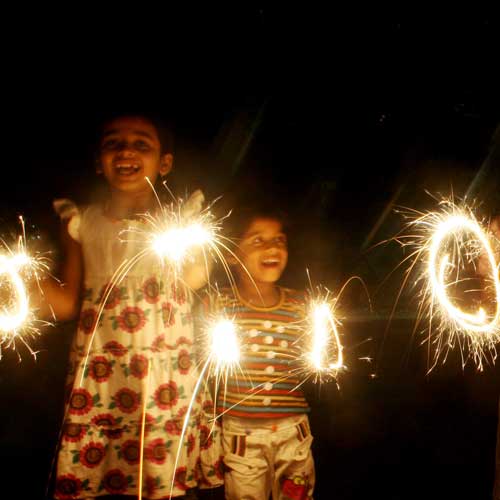
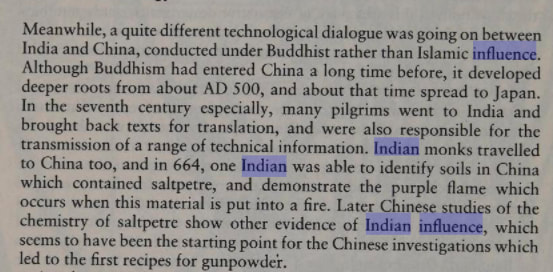

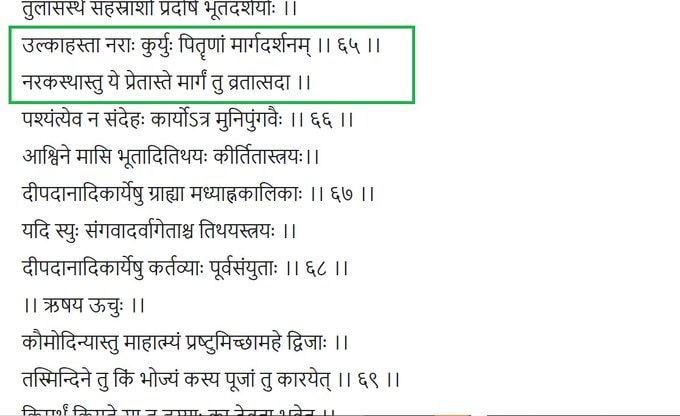
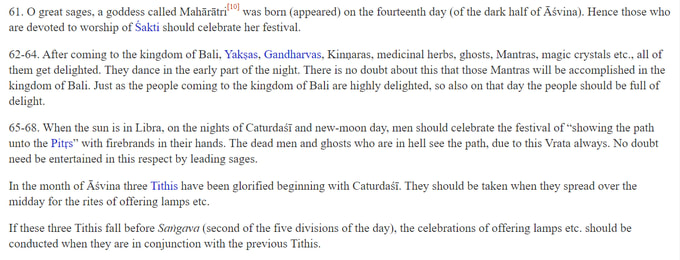
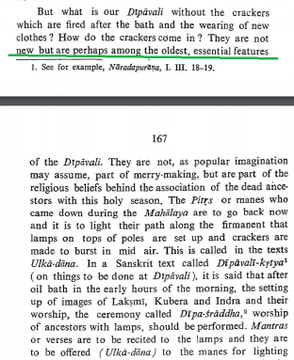
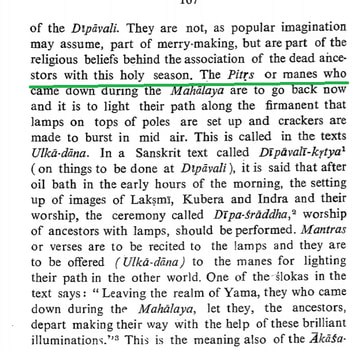
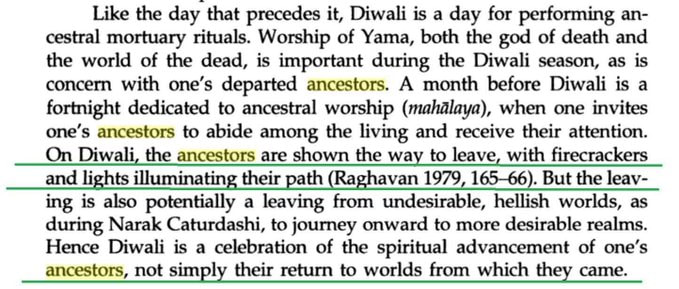
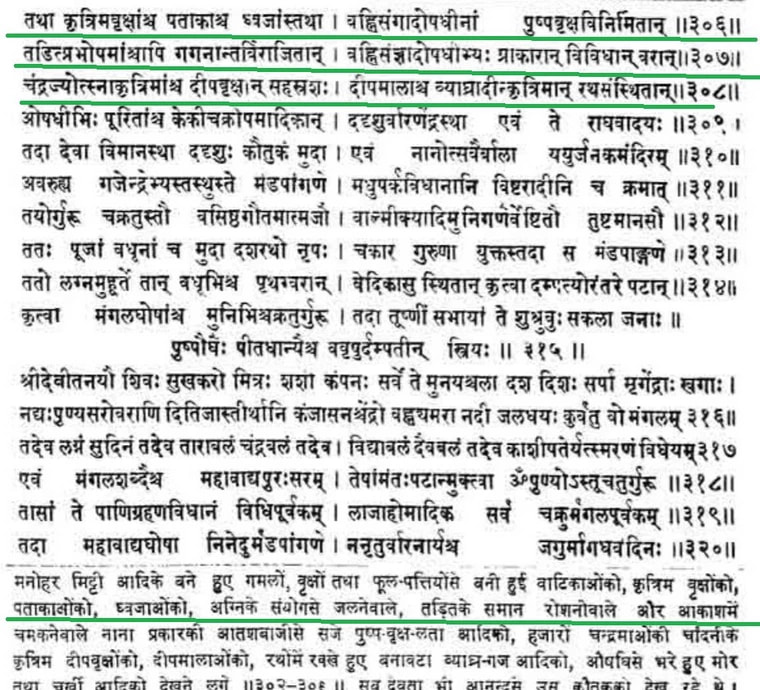
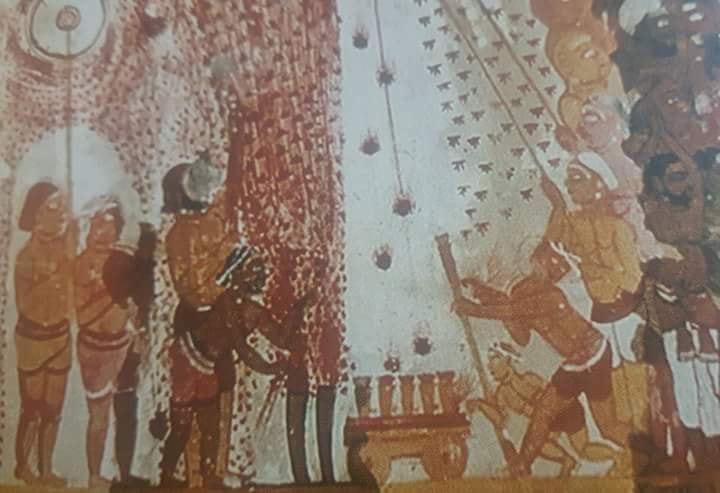
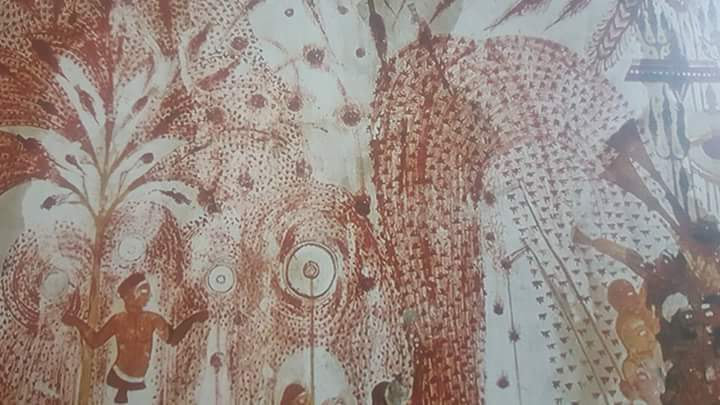
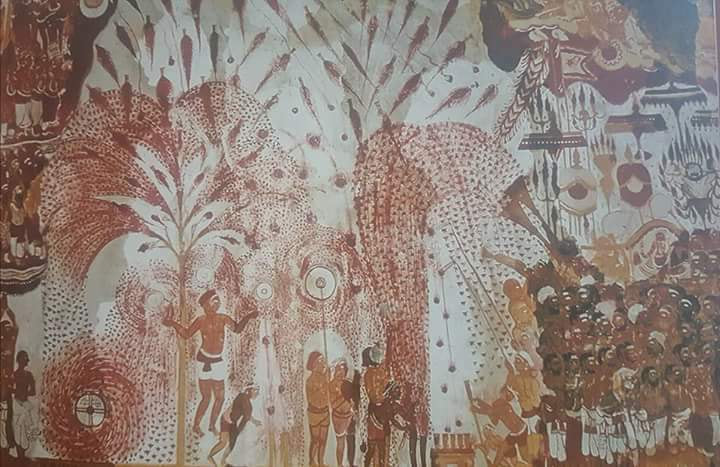
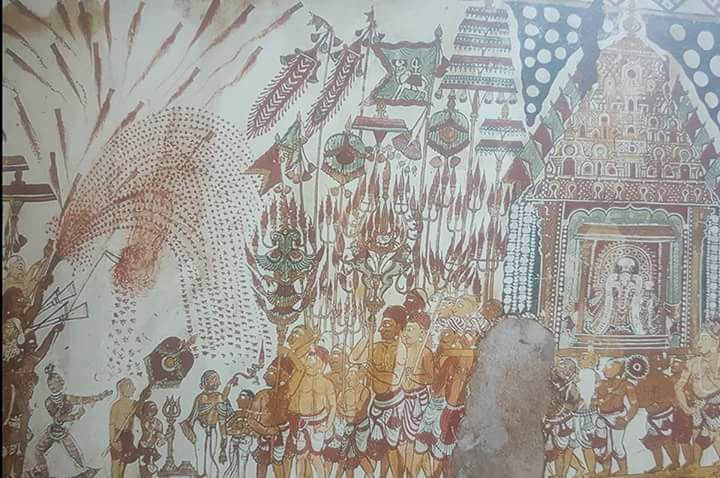
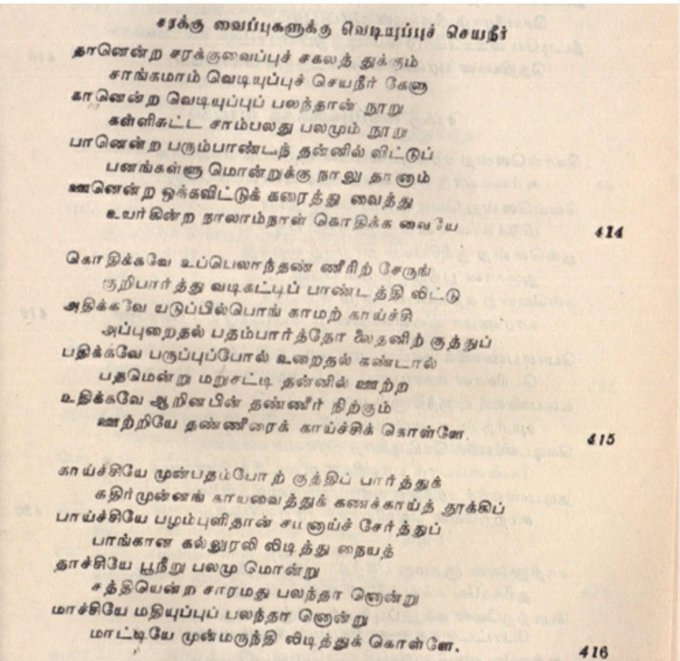
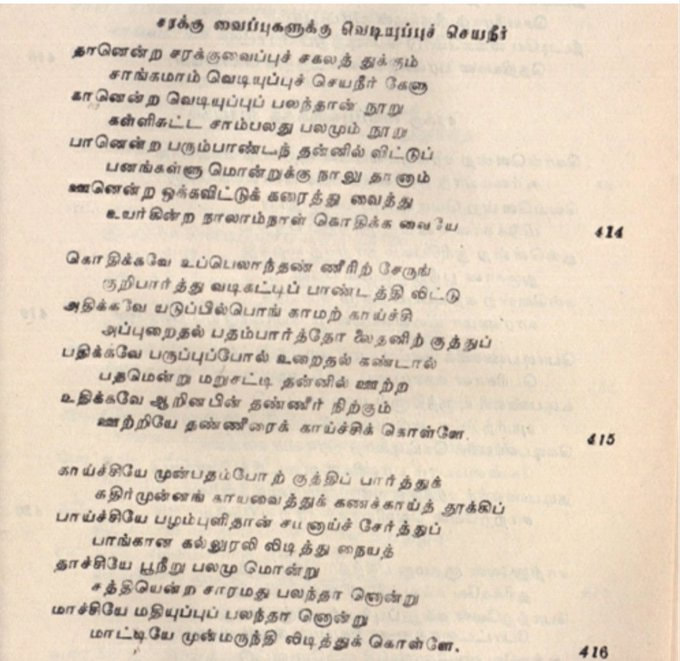
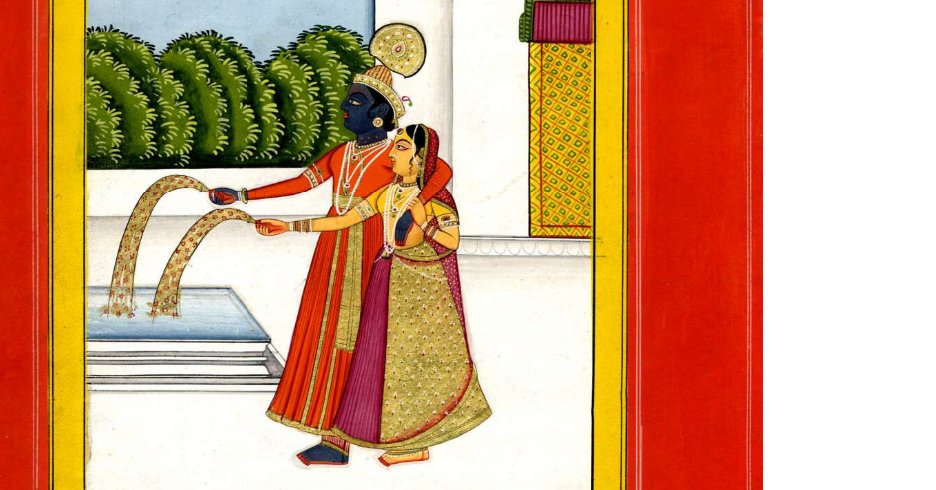
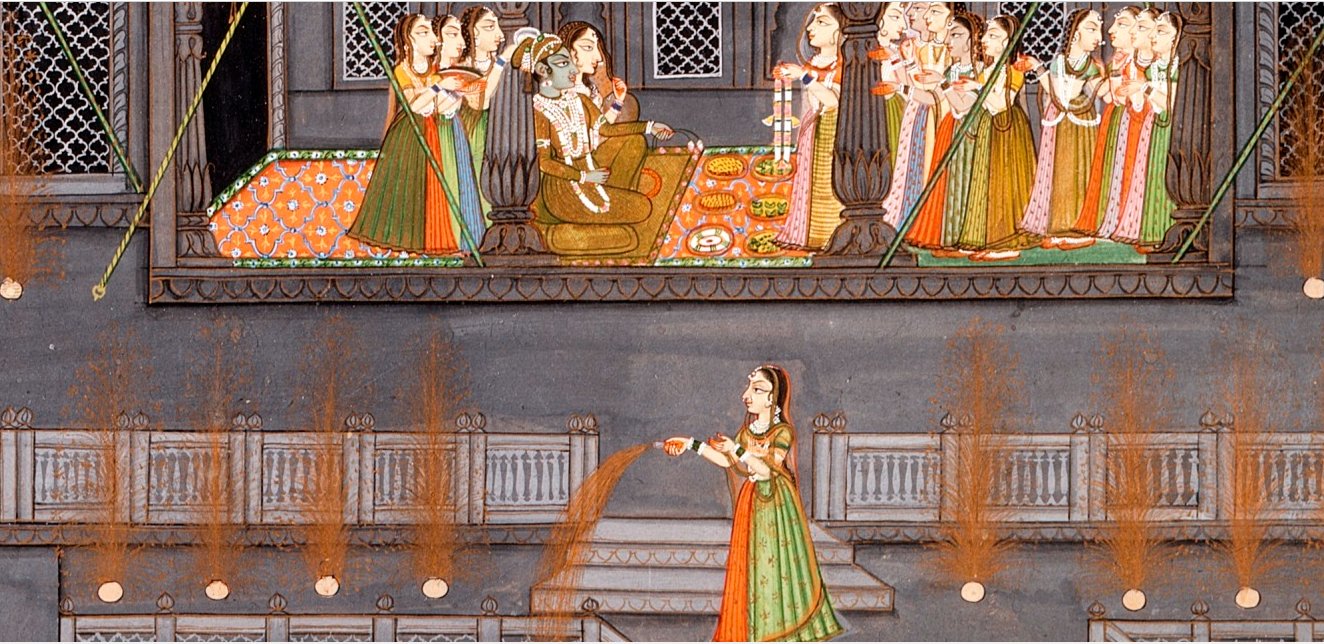
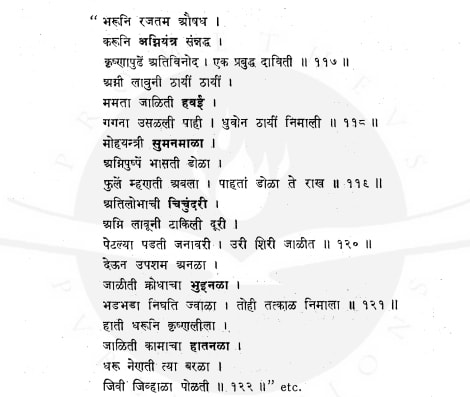
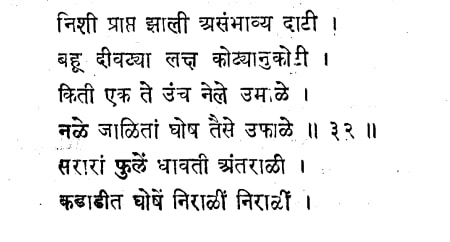
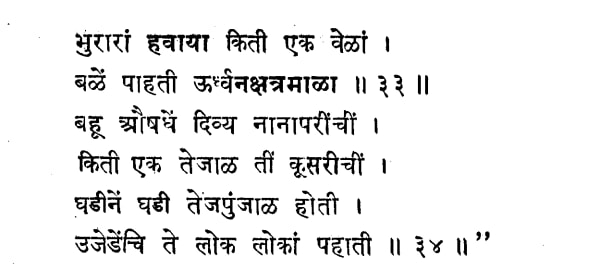
 RSS Feed
RSS Feed